Optimal Timing for Demolition Services
Determining the optimal timing for demolition services depends on various factors including weather conditions, project scope, and scheduling requirements. Typically, favorable weather with minimal rain and moderate temperatures ensures safe and efficient demolition operations. Planning during periods of low activity can also reduce disruptions to nearby properties and businesses.
Demolition projects are best scheduled during dry, mild weather to ensure safety and prevent delays caused by rain or snow.
Larger projects may require more extensive planning and coordination, influencing the ideal timing for execution.
Spring and fall often provide optimal conditions, avoiding extreme heat in summer or cold in winter.
Timing may also be affected by local permitting processes and regulations, which can vary by season.
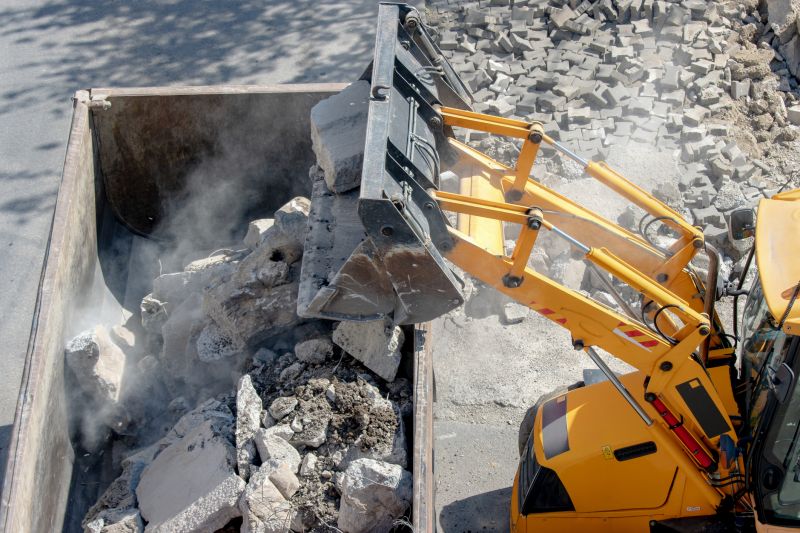
Ways to make Demolition Service work in tight or awkward layouts.
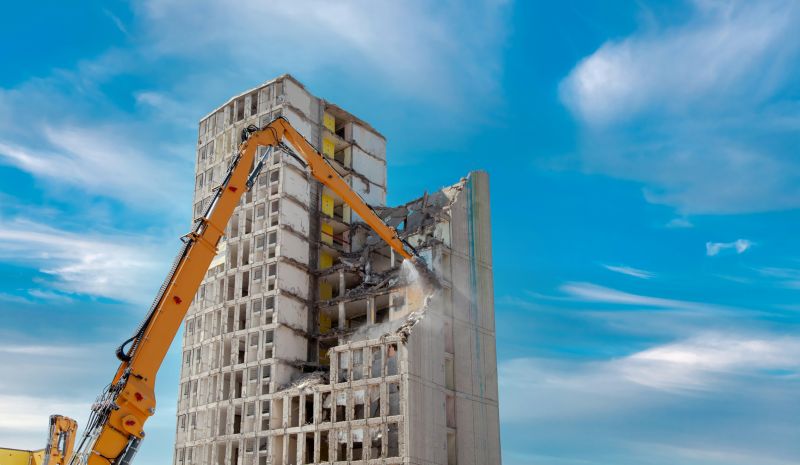
Popular materials for Demolition Service and why they hold up over time.
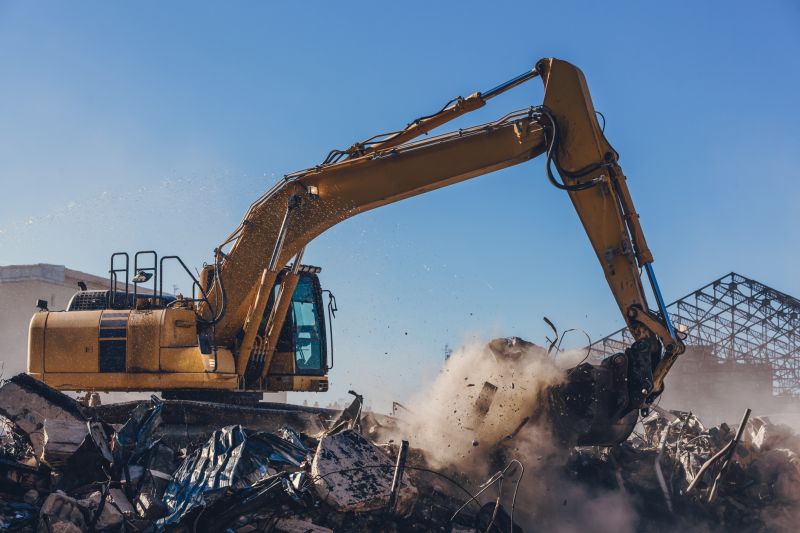
Simple add-ons that improve Demolition Service without blowing the budget.
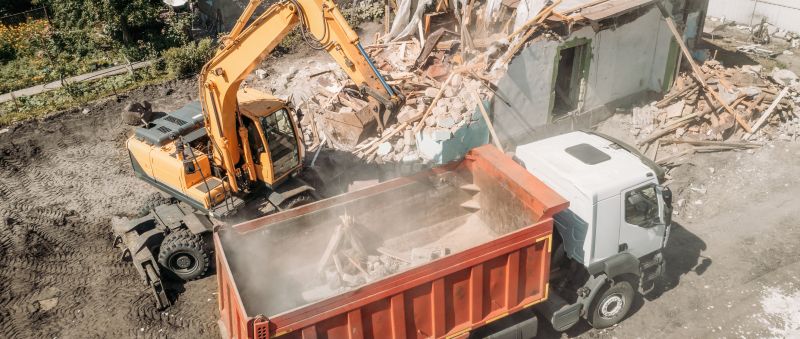
High-end options that actually feel worth it for Demolition Service.
Demolition services involve the systematic dismantling or destruction of structures to facilitate new construction, renovation, or site clearance. Advanced techniques and equipment are employed to ensure safety, efficiency, and minimal disturbance to surrounding areas. Proper planning and timing can significantly impact project costs and timelines, making it essential to choose the right period for execution.
| Factor | Impact on Timing |
|---|---|
| Weather Conditions | Dry, moderate weather reduces delays and safety risks. |
| Project Size | Larger projects may require longer planning and scheduling. |
| Seasonal Climate | Spring and fall often provide ideal conditions. |
| Permitting Processes | Permit approvals can influence scheduling. |
| Local Regulations | Regulations may specify preferred seasons for demolition. |
| Operational Flexibility | Off-peak periods may offer scheduling advantages. |
| Community Activity | Scheduling during low community activity minimizes disruptions. |
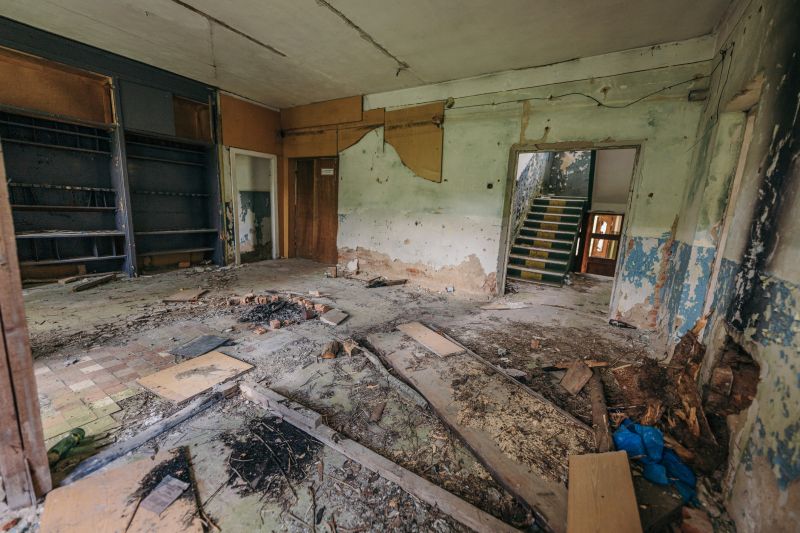
Finishes and colors that play nicely with Demolition Service.

Little measurements that prevent headaches on Demolition Service day.

A 60-second routine that keeps Demolition Service looking new.
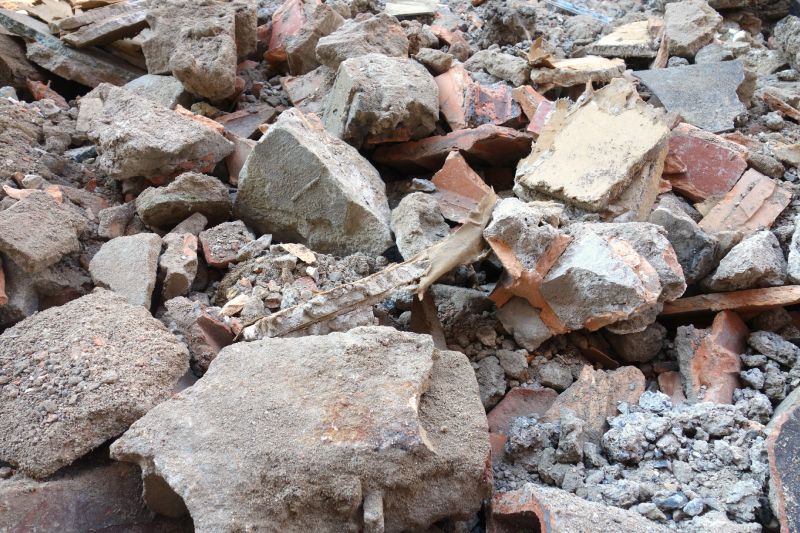
A frequent mistake in Demolition Service and how to dodge it.
Choosing the right time for demolition can improve safety, reduce costs, and streamline project completion. It is advisable to consult with experienced demolition professionals to determine the most suitable schedule based on project specifics and local conditions.
Interested parties should consider their project timeline, weather forecasts, and local regulations when planning demolition activities. Proper timing ensures efficient operations and minimizes potential delays or complications.
